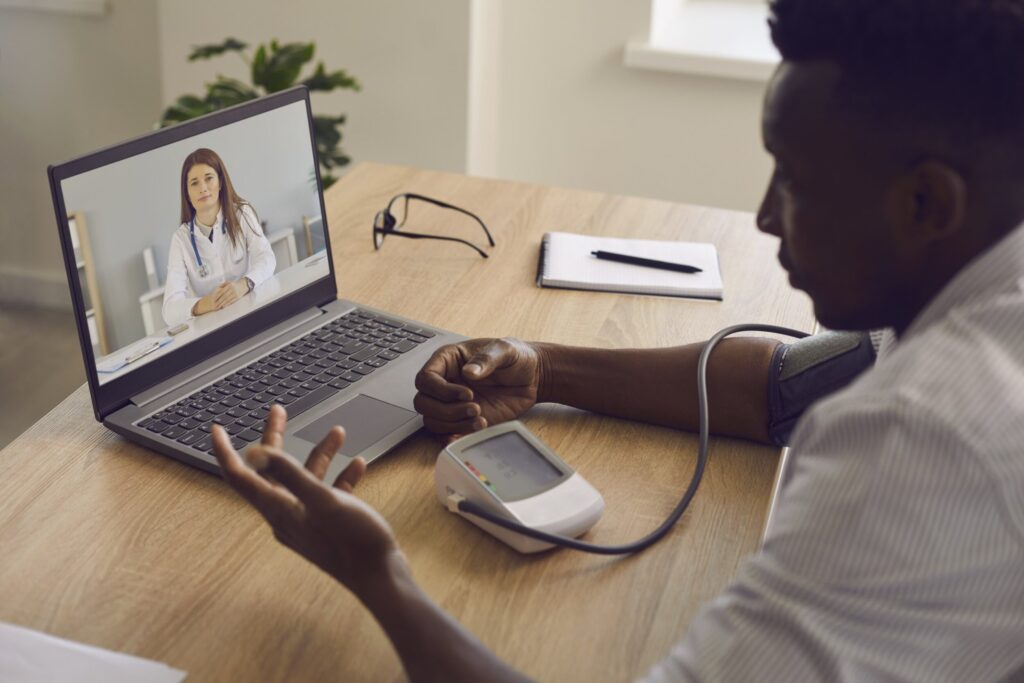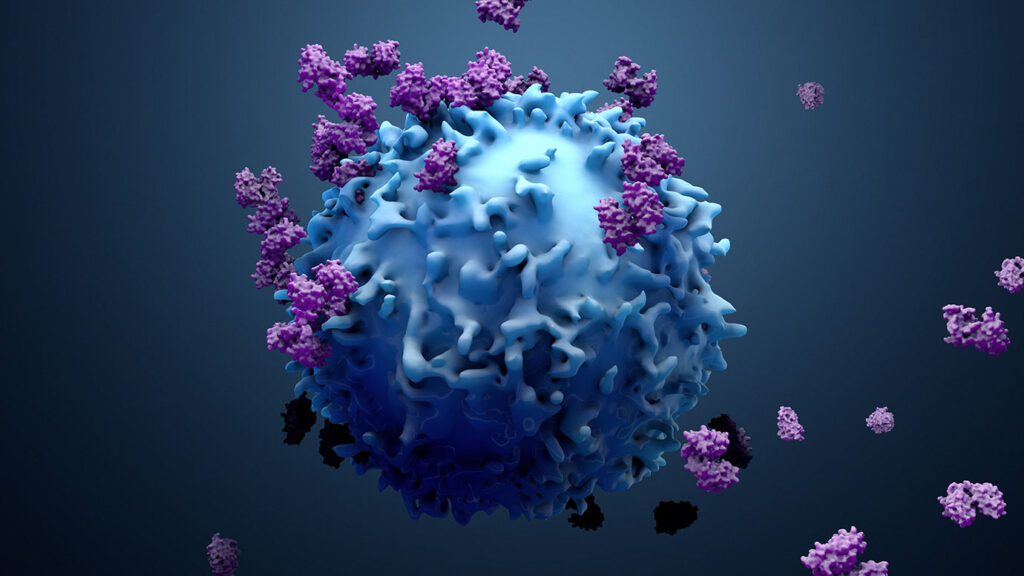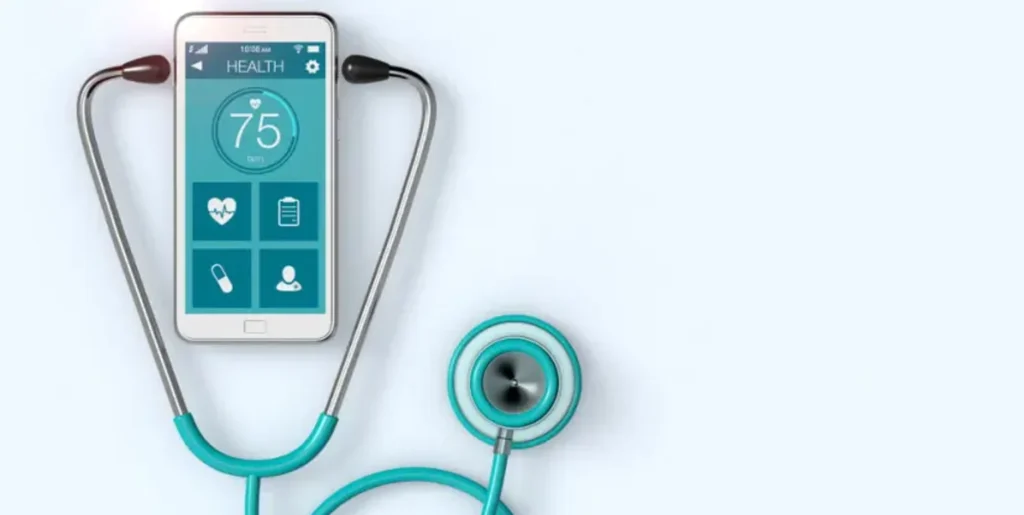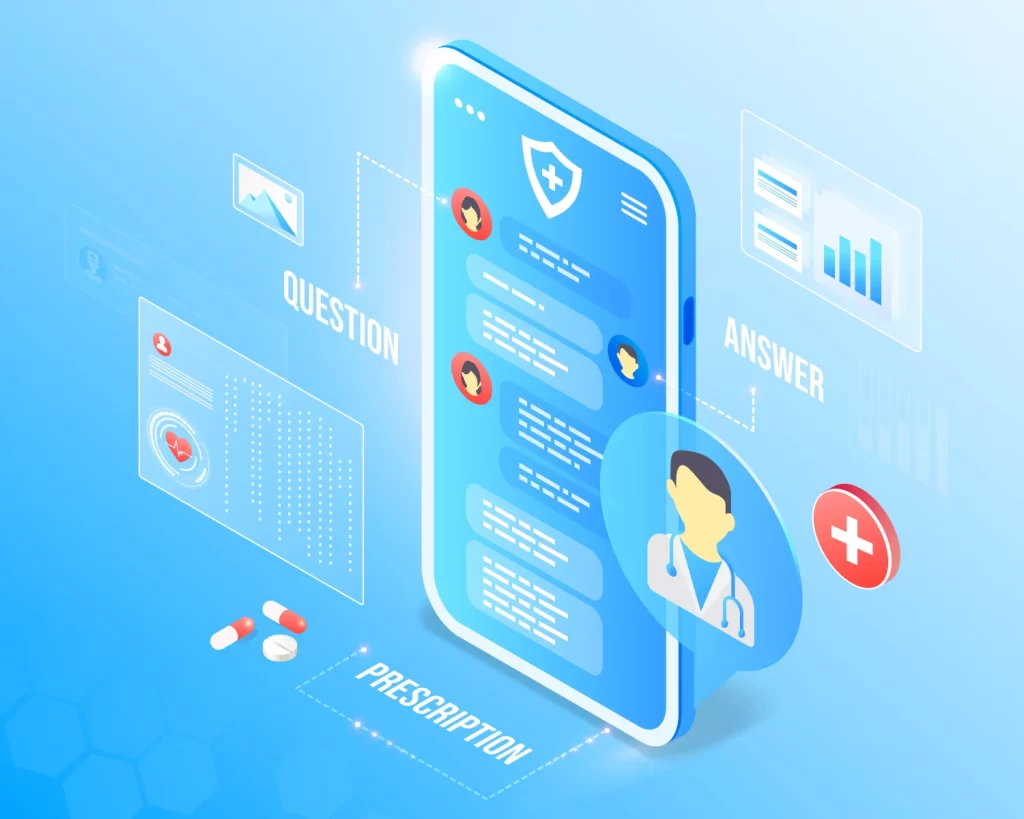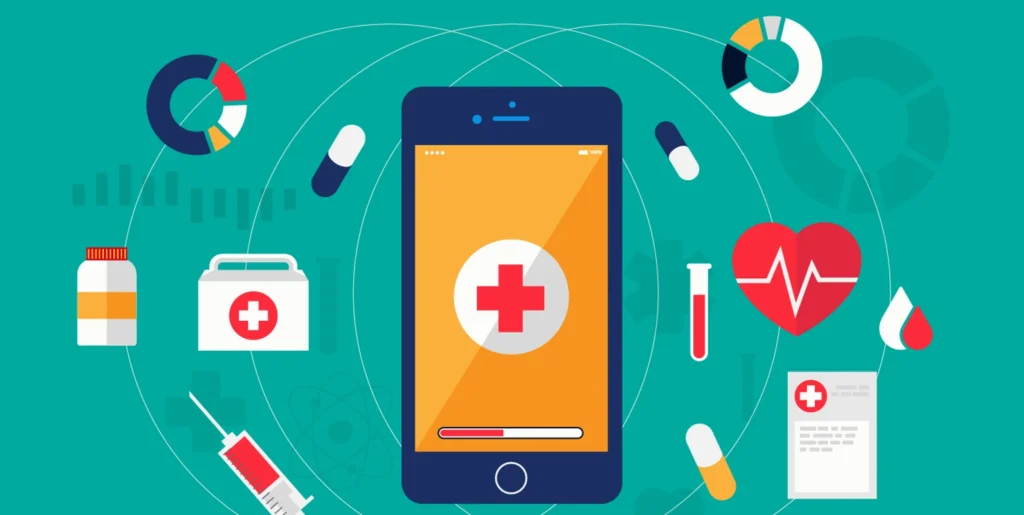Harnessing Technology for Mental Health: The Smart Therapy App’s Contribution to Depression Treatment
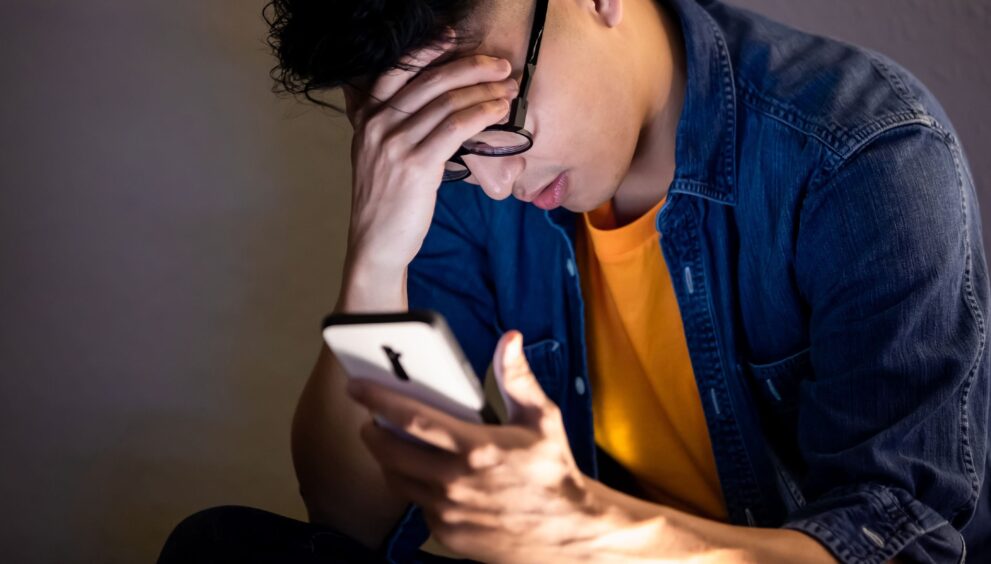
In the field of mental health care, technology advancements have opened the way for transformational therapy and support. Among these improvements, smart treatment applications stand out as effective instruments in the battle against depression, providing persons in need with accessibility, convenience, and individualized assistance. These applications are changing the landscape of depression therapy by using the potential of digital platforms, bringing hope and healing to millions of people across the world.
Understanding Depression in the Digital Age:
Depression, a pervasive mental health disorder characterized by persistent feelings of sadness, hopelessness, and loss of interest, affects an estimated 300 million people globally. Despite its prevalence, access to effective treatment remains a significant challenge for many individuals, with barriers such as stigma, cost, and limited availability of mental health services hindering access to care. In this context, smart therapy apps have emerged as a promising solution, offering on-demand support and resources to individuals struggling with depression.
The Rise of Smart Therapy Apps:
Smart therapy apps leverage the power of digital technology to deliver evidence-based interventions and support for depression management. These apps typically offer a range of features, including mood tracking, guided self-help exercises, cognitive behavioral therapy (CBT) techniques, meditation and mindfulness practices, and access to peer support networks. By providing tools for self-monitoring, coping skills development, and symptom management, smart therapy apps empower users to take an active role in their mental health journey.
Accessibility and Convenience:
One of the most significant advantages of smart therapy apps is their accessibility and convenience, allowing individuals to access support anytime, anywhere, from the convenience of their smartphone or tablet. This 24/7 availability reduces barriers to seeking help, particularly for those who may face challenges accessing traditional mental health services due to geographical location, scheduling conflicts, or mobility issues. Moreover, the anonymity afforded by these apps can help mitigate the stigma associated with seeking mental health support, encouraging more individuals to reach out for help when needed.
Personalized Support and Feedback:
Smart therapy apps utilize algorithms and machine learning algorithms to deliver personalized support and feedback tailored to each user’s unique needs and preferences. Through ongoing data collection and analysis, these apps can adapt their interventions based on user input, tracking progress over time and adjusting treatment plans accordingly. Additionally, many smart therapy apps offer features such as mood tracking and journaling, allowing users to monitor their emotional states and identify patterns or triggers contributing to their depression symptoms.
Efficacy and Clinical Validation:
While smart therapy apps offer promise as tools for depression treatment, their efficacy and clinical validity are of paramount importance. Many apps undergo rigorous testing and validation processes to ensure that they adhere to evidence-based guidelines and deliver meaningful outcomes for users. Research studies have shown that certain smart therapy apps can be effective in reducing depression symptoms, improving mood, and enhancing overall well-being when used as part of a comprehensive treatment plan.
Challenges and Considerations:
Despite their potential benefits, smart therapy apps are not without challenges and considerations. Privacy and data security are critical concerns, as users entrust sensitive information to these platforms. Ensuring compliance with relevant regulations and standards, such as the Health Insurance Portability and Accountability Act (HIPAA), is essential to safeguarding user privacy and confidentiality. Additionally, while smart therapy apps can complement traditional mental health care, they should not be viewed as a replacement for professional treatment. Integrating these apps into a comprehensive treatment plan that includes therapy, medication, and other interventions is essential for optimal outcomes. Smart therapy apps represent a promising frontier in depression treatment, offering accessible, convenient, and personalized support to individuals in need. By harnessing the power of technology, these apps empower users to take control of their mental health and access evidence-based interventions and resources whenever they need them. As the field of digital mental health continues to evolve, smart therapy apps have the potential to play a significant role in expanding access to effective depression treatment and promoting mental well-being for all.
















